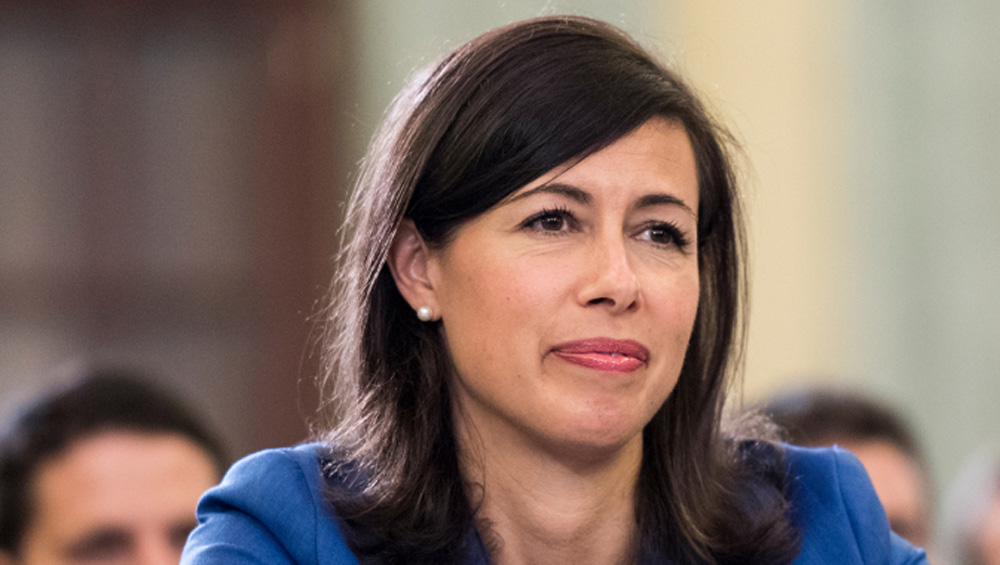
Hey FCC, It’s Not The 1960s Anymore


Harry Jessell
It’s 2024 … except at the FCC where it’s still 1964 and regulating broadcasting is all the rage.
Drawing on the prevailing belief of that time that broadcasting was too powerful and concentrated not to be constrained and managed by the federal government, the agency — by a vote of its three-person Democratic majority — last week bucked the decades-long trend of loosening TV regs by affirming and tightening its Top-Four TV duopoly rule.
The rule says that broadcasters can’t own and operate more than one ABC, CBS, Fox or NBC affiliate in a market. In recent years, with the tacit blessing of the FCC staff, broadcasters have been able to circumvent the rule, mostly in 100-plus markets, by airing one or more stations on an LPTV station or multicast channel.
No more. The rule stays and the “loophole” is closed, the FCC Chair Jessica Rosenworcel and other FCC Dems proclaimed. Existing so-called virtual duopolies will be grandfathered, but they can’t be sold to another broadcaster without official FCC dispensation, which will cause all kinds of M&A complications.
The FCC says it will continue to consider Top-Four duopolies on a case-by-case basis, but we learned that’s a tease earlier this year when the FCC killed a proposed combo of two affils in Fargo, N.D., through one of Rosenworcel’s favorite tactics, bureaucratic indifference. Like the parties involved, I could see nothing wrong with the deal when I plugged in the FCC’s own criteria for granting them.
The ruling is a blow to broadcasters who see ownership of multiple affiliates as an effective way of achieving news economies of scale and preserving, and sometimes expanding, local news in the market.
It’s also a loss for the NAB, which argued for relief. Cable and satellite operators, organized under the banner of the American TV Alliance, pushed long and hard for keeping the lid on Top-Four duopolies, contending they gave broadcasters undue leverage in retrans negotiations that would result in higher fees for cable subs.
“We applaud the FCC’s efforts to help consumers by closing loopholes in its broadcast ownership rules,” the ATVA said in a statement following the vote. “For too long, these loopholes have allowed broadcasters to control distribution of two, three, or even all four major networks in markets throughout the country…. Today’s action promises some long-awaited relief for consumers and their pocketbooks.”
The FCC order swallows the ATVA argument whole, saying the tougher duopoly rule advances its long-standing goal of ensuring robust competition not only in retrans negotiations, but also in the local advertising market.
“Promoting competition among local television stations prevents local broadcasters from demanding higher retransmission consent fees and charging higher rates for local businesses seeking to purchase advertising time on local stations, costs that may be passed on to consumers,” the order says.
I concede that the ATVA had the higher ground in the battle since rising retrans fees no doubt put upward pressure on what consumers (i.e., constituents) have to pay for cable and satellite service. However, NAB should be able to fight uphill and win. The scores of cable networks that also demand fees from operators also drive up consumer prices.
In addition to preserving competition, the FCC also cites its long-standing goals of ensuring local programming (localism) and diversity of viewpoints or voices (separately owned stations) in justifying the duopoly rule. On paper, these are laudable, but they no longer make sense in today’s media ecosystem where there are literally hundreds of TV channels vying for attention and dollars, not to mention traditional media like newspapers as well as other relative newcomers like social media.
The FCC’s misguided obsession with broadcasters’ competitive clout may be detrimental to localism. Broadcasters need retrans dollars, as many as they can get, if they are to maintain and expand their news and offer other local programming. As I have argued here many times before, the FCC needs to get out of the way and let the market set the retrans fees.
And, of course, broadcasters also need advertising dollars to fuel their newsrooms. Is it really the job of the FCC to structure markets so that auto dealers, PI lawyers and home improvement outfits don’t pay too much for spots and pass the cost on to their customers and clients?
For the record, TV stations’ share of the local ad market shouldn’t sound alarms. According to BIA Advisory Services’ forecast, stations will reap just 13% of the $175.6 billion in local advertising spending this year, a presidential election year in which stations’ share is greater than in other years.
Intense competition, by the way, is not necessarily the path to better journalism. In fact, less of it can enhance it, producing fat profits and extra resources for newsrooms. I would say the Golden Age of Newspapers stretched from 1970 to the early 2000s when single papers emerged to dominate markets and did great things. The Times in Los Angeles, the Tribune in Chicago, the Globe in Boston, the Post in Washington all come to mind.
Newspaper publishing offers another lesson. Hundreds have withered or died over the past two decades from the onslaught of digital media. TV stations have been suffering from the same heat. That they have been holding their own so far does not mean they will continue to do so. Think what would happen if political media buyers discover a better way to reach likely voters.
Yes, the FCC is right to be concerned about the loss of a voice in the market, which is the natural consequence of duopolies, but losing a voice is better than losing an entire news operation because of regulatory hobbles.
Some markets simply can’t sustain three or four independent news operations anymore. Last spring, Sinclair shut down its local news operations in five small markets. (Here in Pittsburgh, DMA 28, where I live, Sinclair doesn’t even bother with producing its own news, although it carries newscasts of Cox’s crosstown WPXI.)
Broadcasters may be able to overturn the FCC action in the courts, but that is a long, costly and laborious process with no guarantees. Their best hope now for relief is the return of a Republican chairperson, one with faith in the marketplace and a belief that regulation is not the default, but the last resort.
Both FCC Republicans, Brendan Carr and Nathan Simington, voted against the measure. “The FCC has every reason to update this outdated set of broadcast radio and television rules,” said Carr in his dissenting statement. “The law compels us to do so. The facts tell us to do so. And the public interest in promoting local news and information counsel in favor of doing so. Yet the rules will remain in place — impervious to those compelling forces.”
I should caution that a Republican FCC might come with a lot of baggage, namely Donald Trump. He is no friend of news media that criticize him, and the FCC is a perfect tool to punish any outlet under its jurisdiction that does.
Carr, a likely FCC chairman in a Trump second term, is just the guy to wield that tool on Trump’s behalf. In May 2020, after Twitter tagged one of his posts as possibly misleading, Trump urged the FCC to look into regulating social media just as it used to regulate broadcasting via the Fairness Doctrine. Carr enthusiastically embraced the idea, First Amendment be damned. As far as I know, he is still a member of the Trump politicult.
The FCC needs a major attitude adjustment. It has to stop thinking of TV as indestructible and dominating players that must be controlled by wise heads in Washington, lest the broadcasters turn their newsroom over to AI-driven avatars, crush local economies with incessant spot increases and spawn a cable-deprived underclass.
If the FCC is truly interested in broadcast localism, the FCC needs to get its head out of ’60s and into the ’20s. I can suggest a few ways: give stations the right to negotiate directly with vMVPDs rather than having to rely on the sticky-fingered networks; facilitate ATSC 3.0 where it can; and, most important, lighten up, don’t tighten up, on the duopoly rule and other anachronistic structural regulations.
Harry A. Jessell is editor at large of TVNewsCheck. He can be contacted here. You can read earlier columns here.








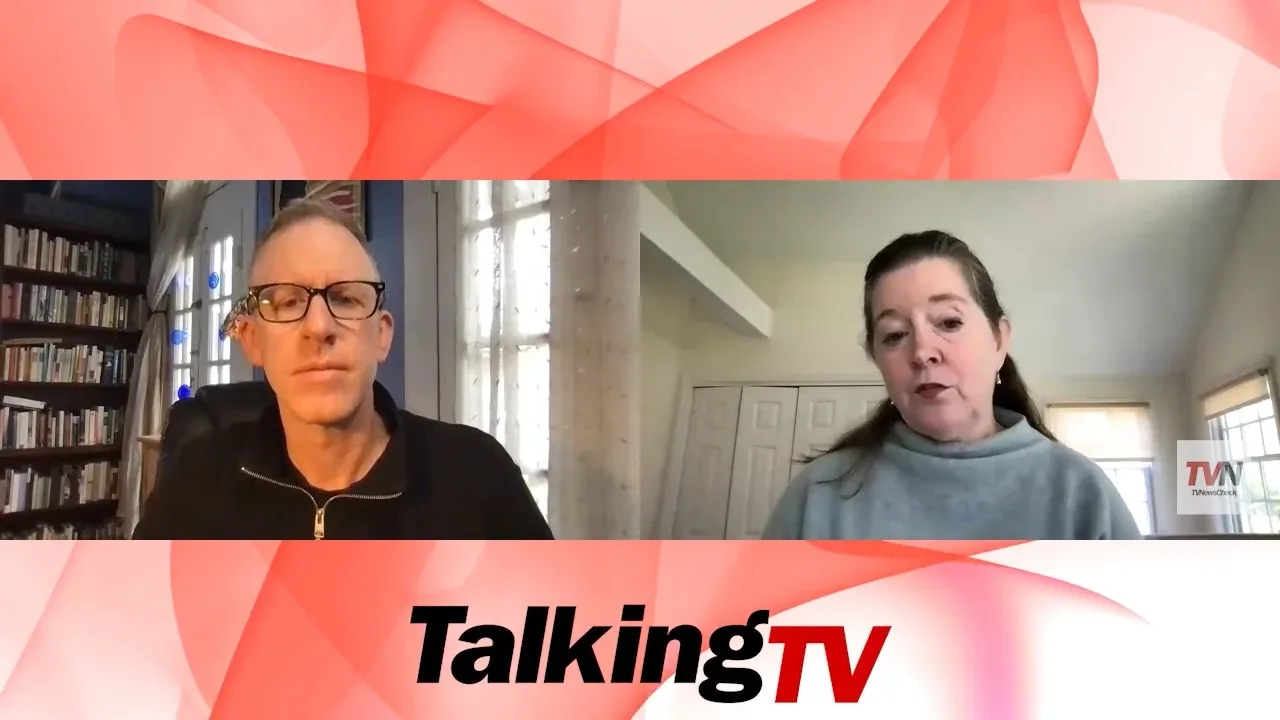

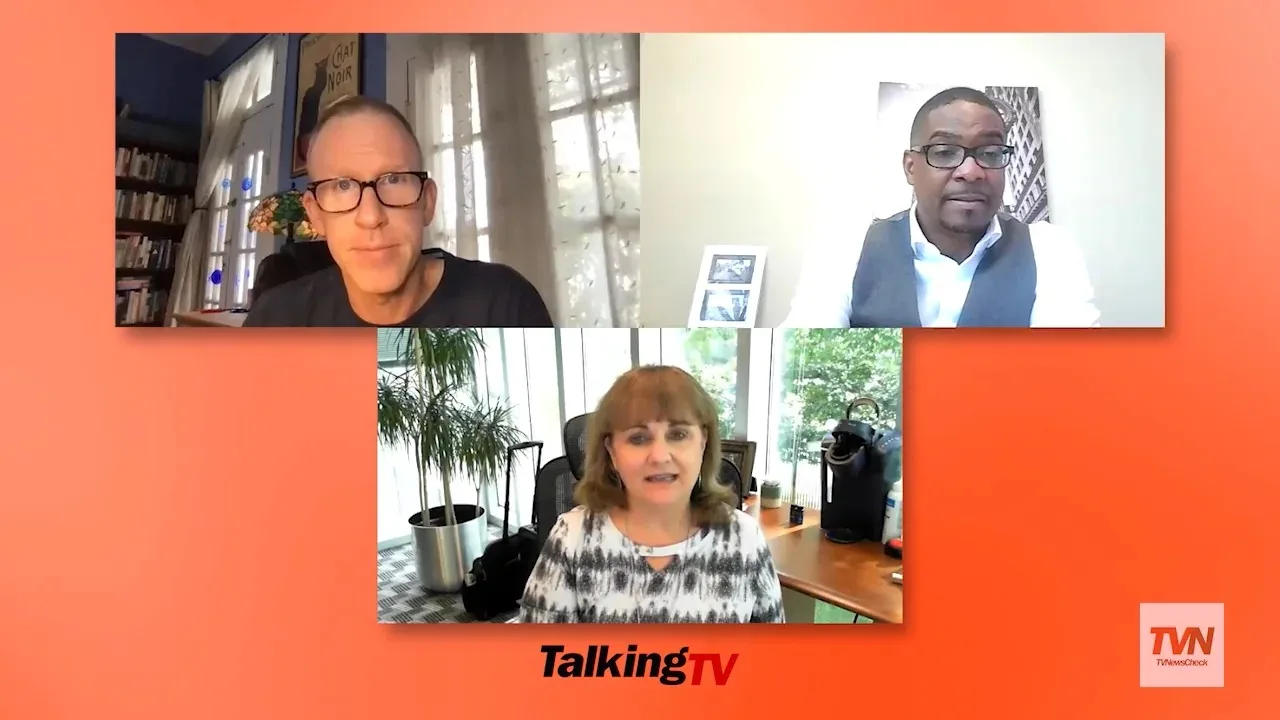
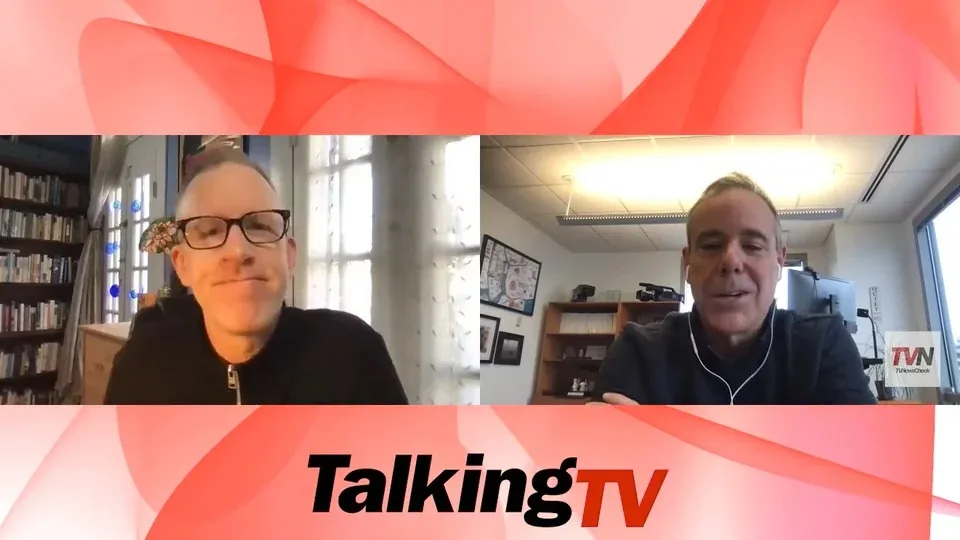

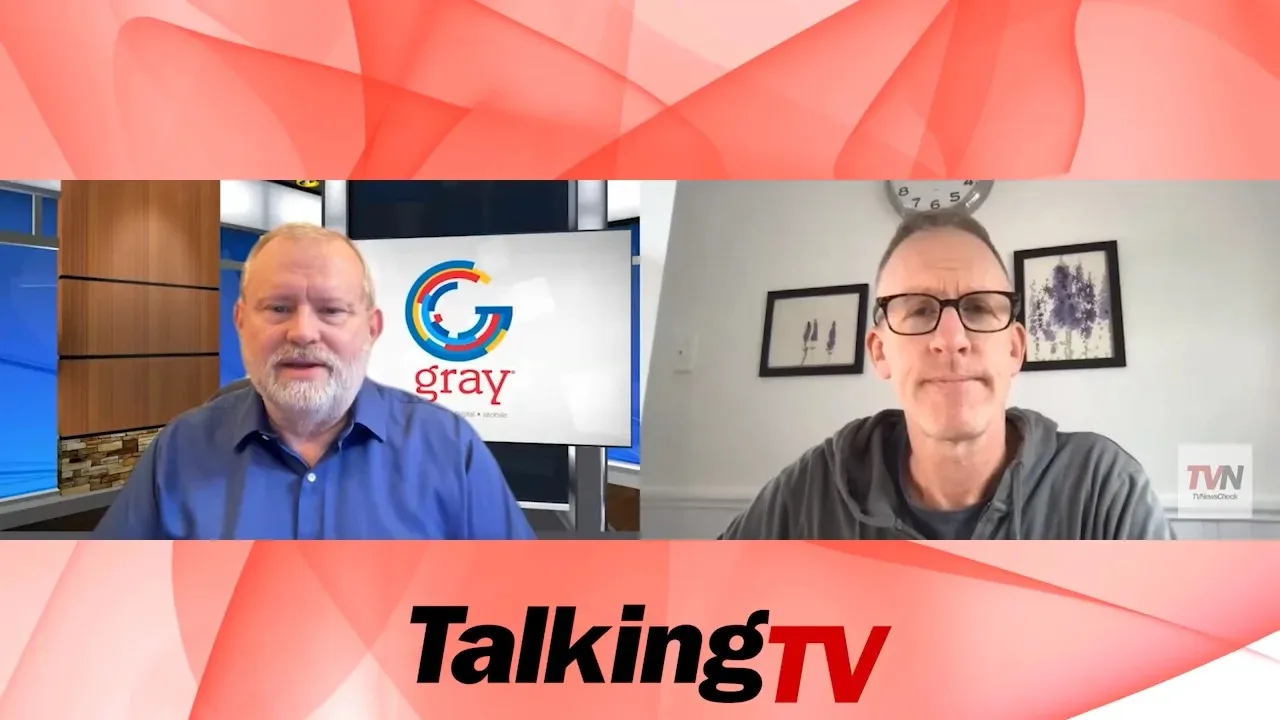
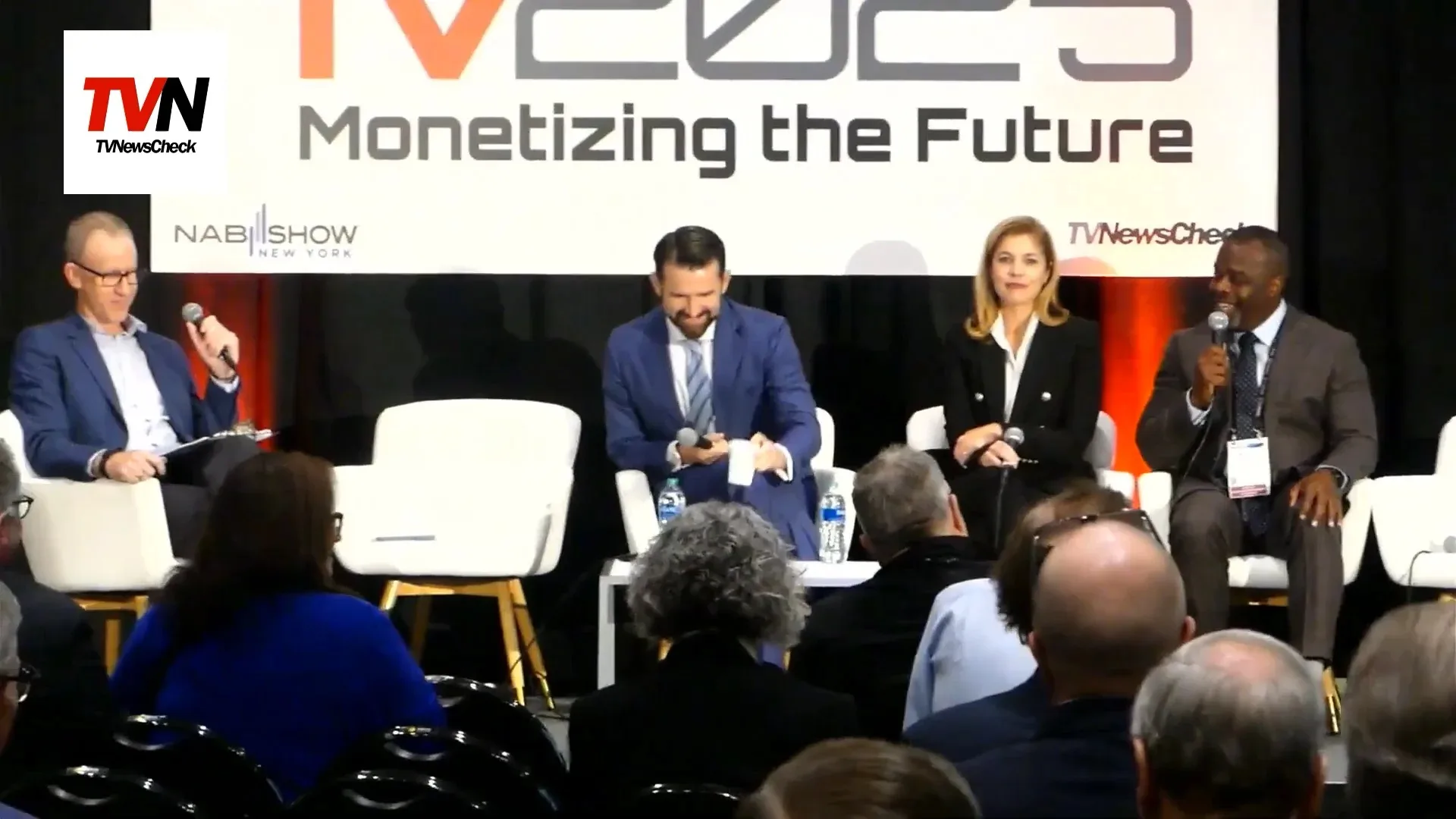
















Comments (12)
Adonis Hoffman, Esq. says:
January 3, 2024 at 8:50 am
Bravo, Harry, for the clearest, most compelling statement on this issue so far.
AIMTV says:
January 3, 2024 at 9:11 am
But is M&A the solution or the problem? We’ve had 15-20 years of breakneck consolidation, fueled by pure speculation that the FCC didn’t intend to enforce rules already on the books. During this time, broadcasting companies have used every loophole to gain advantage to focus on exploiting as much retransmission money as possible to make their “numbers” for Wall Street masters while alienating former viewers who left and never returned; launched a plethora of flailing streaming services with a copycat, “spaghetti thrown against the wall” approach that has failed (with a couple of exceptions); treated additional spectrum (dig-inets as if it really was 1960 all over again with a lack of imagination and vision that is astounding; retained the glib “news on your side” “news you can trust” so-called “branding” that appeals to 65+ while doing almost nothing to appeal to younger news viewers. Sold their souls to get sports fronted by autocratic regimes because sports is now the new “save us please” until it isn’t (seen Liv Golf #s lately?). All the while, most big broadcasting companies hollowed out their ad sales teams by cutting pay, commission, and thus expertise at what once was one of the most coveted jobs in a given market to boost short-term profits while eliminating any chance of long-term growth. But I guess it would be so mid-2000s to blame the industry for the industry’s problems rather than the government. It’s 2023, after all. Oh wait, it’s 2024.
RustbeltAlumnus2 says:
January 3, 2024 at 9:16 am
Regulators are punching down at a former mass medium. Media consolidation only matters when the media still have much of an audience anymore.
metrojoe says:
January 3, 2024 at 9:28 am
The Radio and TV platform’s in the United States have been the envy of nations around the world, it is worth protecting. Not allowing broadcast and newspapers to be co-owned killed the newspaper industry. The loss of newspaper journalism has weakened democracy, the FCC has weakened democracy again. Soon we will only have FOX News, MSNBC, CNN and social media to rely on and that will be the saddest day. Hopefully congress will override the FCC’s disastrous decision.
jcrollman says:
January 3, 2024 at 9:29 am
Broadcasters have spent the last 20 years stringing along consumers with retransmission fee battles, blackouts and lackluster content when they should have been focused on understanding and delivering on what consumers want. Sorry that the rules don’t serve your ability to make money anymore, but that’s sour grapes. Consumers have moved on from broadcast. And that’s 100% on broadcasters and their affiliates running short-term profit strategies instead of giving consumers what they want.
Former Producer says:
January 3, 2024 at 10:00 am
Television broadcasting is on a slow and steady descent. I know many people here at TVNewsCheck want to blame that big evil FCC for the industry’s woes, but broadcasting companies deserve even more blame than some of you will publicly admit.
Broadcasting companies are focused on short-term profits and not long-term vision. Why else did companies like Nexstar buy so many TV stations over the past decade? To serve the public interest? Of course not! They wanted more leverage in order to squeeze more retransmission fees out of cable and satellite TV companies. Cord cutters have put that very revenue model in jeopardy. Even some smaller cable television companies are getting out of the business.
What’s going to happen when the retransmission fees dry up? I don’t think the broadcasting industry has an answer. I think the current industry executives are happy to keep kicking the can until they exit the business with a golden parachute and make the issue someone else’s problem. The result is an industry that is stuck to its old ways while everyone else is zipping off to the future. Broadcasters failed to innovate and remain relevant in a digital age. That’s not the FCC’s fault.
tvn-member-3112458 says:
January 3, 2024 at 10:47 am
Thank you. Hope you are doing well.
Cosmo says:
January 3, 2024 at 10:52 am
It’s pretty obvious that the current Commissioner and her 2 cohorts hate local media. They much prefer national media with their party’s political bent that they can more easily control and direct.
tvn-member-3112458 says:
January 3, 2024 at 10:55 am
I wouldn’t disagree with much of what you say here, but it’s unfair to lay the blame on consolidation or big corporations. As I said in the piece, in their heyday, monopoly newspapers enriched their owners and the public through outstanding journalism. And I believe in incrementalism. You don’t have to lift the local ownership cap in its entirety. How about allowing just common ownership of two stations per market?
Former Producer says:
January 3, 2024 at 11:28 am
Newspapers also enriched their owners through advertising revenue, specifically classifieds. The Internet came along and effectively eliminated classified ads as a solid revenue source. The newspaper industry managed to survive by adapting and evolving to the changing times. Yes, the industry took a beating, and many newspapers closed altogether. However, others saw the future of digital news and went with it.
What has the broadcast industry done to evolve with the changing times? Very little. You can have all the outstanding journalism on TV you want. But that doesn’t matter if nobody bothers to watch TV. Digital news and streaming video are the future. But the broadcast industry is hesitant to plan for the future because it is too focused on short-term profits that won’t last.
That’s the broadcast industry’s fault, not the FCC’s.
BeyondTheBeltway says:
January 3, 2024 at 3:51 pm
When local broadcast TV was rolling in money, their news operations amounted to little more then reading headlines. A vast wasteland that only looked like news. This current controversy is not about news, it is about greed and eliminating the competition via government regulators. Can anyone tell me what will happen to the local stations who would lose their network affiliations?
I am a proud Trump supporter, but the Dems at the FCC are right on this one.
kcgiants99@gmail.com says:
January 4, 2024 at 12:26 am
The FCC is a joke this will go to the courts since Congress can pass a bill but the president would veto supporting the 3 members that are spineless and don’t know how things work with the outdated rules which is a abuse of power. And NAB will go to the courts which will be years before there is a final ruling. The 3 FCC members don’t care about local TV stations if they did they would relax the rules.